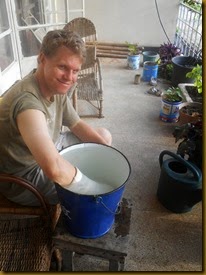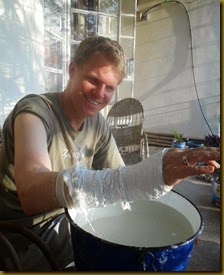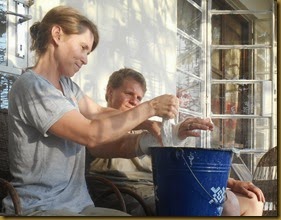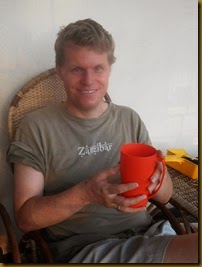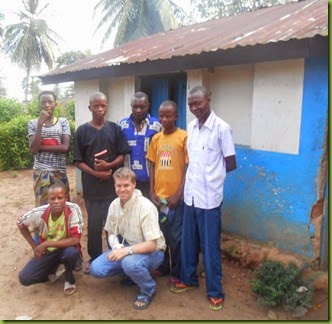Living and breathing conflict for 18 months has caused me to reflect on the nature of conflict. The message I have preached most frequently of late is our Christian call and vocation to be women and men of peace, seeking unity within the Body of Christ. I have also been challenged recently in reflecting on the life of Christ. During Lent this year Kristi and I stumbled upon a wonderful little book called Bread and Wine.* It is a collection of essays written by well-known Christian theologians and faithful servants of Christ over the last two millennium. Kristi and I would pick up this book everyday and read various entries. One entry by Henri Nouwen stands out to me. Nouwen writes of the “Action and Passion” of Christ. In reflecting with a friend who is immobilized after a lifetime of service, the two recognize that Christ’s life can be divided into two parts: action (or ministry), and passion. Regarding action, this theme is replete across the gospel accounts. Jesus prayed. Jesus healed. Jesus called. Jesus commanded. Jesus is the active agent: he prays, he wills, and he acts. However, all this agency and activity comes to an abrupt halt in the Garden of Gethsemane. Here in the Garden the mob comes. They lay hands on Jesus and arrest him. They take Jesus. They condemn him. They bind him. They lead him. They hand him over. They crucify him. Jesus goes from one with agency to one acted upon.
Who wants to be acted upon? Very few. Yet, in reflecting on this theme I feel that making the shift from action to passion is necessary in following Christ. Having agency is the easy part. We feel called to do something and we do it. Like Jesus, we will and we act. Conversely, giving control of our lives and our very bodies into the hands of someone else? Therein lies the rub. Yet, Jesus willingly allowed himself to be handed over. A close read of the gospel accounts reveals that Jesus lived a life in conflict. His interlocutors, the Pharisees and others, did not welcome his message. Jesus threatened the very foundations of their religiosity. They sought to discredit Jesus and kill him. Jesus shrewdly responded and evaded them for three years. Yet, rather than letting this power struggle wage on indefinitely, Jesus gave himself over to his accusers. He allowed himself to be handed over.
Herein lies the challenge we all face. We do not want to yield. It is like two boxers in the 15th round, battling it out until one is left standing. Yet, Jesus threw in the towel. He gave himself up. It was the defining act of trust. He trusted that God had his best in mind. He trusted that God would vindicate him. And guess what? God did. The Resurrection is God’s ultimate vindication of God’s goodness in the face of humanity’s evil. Friend, will you pray with me that those of us who boldly take on the Name of Jesus Christ can trust God, giving ourselves over in sacrificial love to others? Pray with me for our sisters and brothers in Congo who need God’s grace to act in such manner. From action to passion. That is the radical call of Jesus.
* Bread and Wine: Readings for Lent and Easter (2003)
